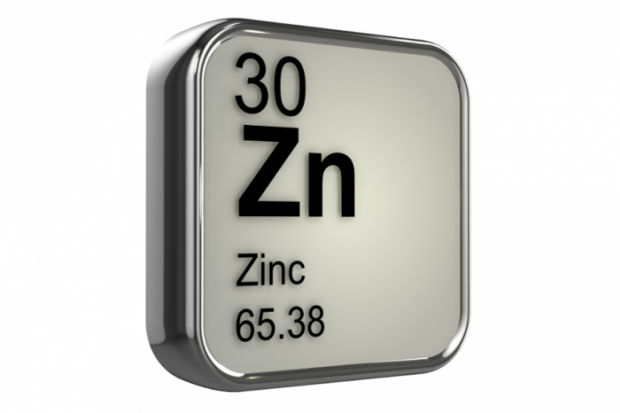
Breaking News
 The Prostate Cancer Test Dilemma
The Prostate Cancer Test Dilemma
 The Separation of Righteousness and Politics
The Separation of Righteousness and Politics
 Russian strike knocks out power in Kyiv FRANCE 24 English
Russian strike knocks out power in Kyiv FRANCE 24 English
 CLAIM: Bitcoin is going to ZERO folks – HOLY SCHLIT! Benny Johnson and Mike Benz on it
CLAIM: Bitcoin is going to ZERO folks – HOLY SCHLIT! Benny Johnson and Mike Benz on it
Top Tech News
 How underwater 3D printing could soon transform maritime construction
How underwater 3D printing could soon transform maritime construction
 Smart soldering iron packs a camera to show you what you're doing
Smart soldering iron packs a camera to show you what you're doing
 Look, no hands: Flying umbrella follows user through the rain
Look, no hands: Flying umbrella follows user through the rain
 Critical Linux Warning: 800,000 Devices Are EXPOSED
Critical Linux Warning: 800,000 Devices Are EXPOSED
 'Brave New World': IVF Company's Eugenics Tool Lets Couples Pick 'Best' Baby, Di
'Brave New World': IVF Company's Eugenics Tool Lets Couples Pick 'Best' Baby, Di
 The smartphone just fired a warning shot at the camera industry.
The smartphone just fired a warning shot at the camera industry.
 A revolutionary breakthrough in dental science is changing how we fight tooth decay
A revolutionary breakthrough in dental science is changing how we fight tooth decay
 Docan Energy "Panda": 32kWh for $2,530!
Docan Energy "Panda": 32kWh for $2,530!
 Rugged phone with multi-day battery life doubles as a 1080p projector
Rugged phone with multi-day battery life doubles as a 1080p projector
 4 Sisters Invent Electric Tractor with Mom and Dad and it's Selling in 5 Countries
4 Sisters Invent Electric Tractor with Mom and Dad and it's Selling in 5 Countries
New Zinc Treatment 'Can Help to Restore Lost Hearing' in Mice–University Research Shows

Scientists have discovered the biological mechanism of hearing loss caused by loud noise, which helped them find a way to prevent it.
When exposed to loud noises some people experience temporary or even permanent hearing loss or drastic changes in their perception of sound after the loud noises stop.
Researchers from the University of Pittsburgh in the US have now discovered that this noise-induced hearing loss stems from cellular damage in the inner ear that is associated with the excess of free-floating zinc, a mineral that is essential for proper cellular function and hearing.
Their experiments showed drugs that work as molecular sponges trapping excess zinc can help restore lost hearing, or if administered before an expected loud sound exposure, can protect from hearing loss.
"Noise-induced hearing loss can be debilitating. Some people start hearing sounds that aren't there, developing a condition called tinnitus, which severely affects a person's quality of life," said Professor Thanos Tzounopoulos from the Pittsburgh Hearing Research Center.
"Noise-induced hearing loss impairs millions of lives but, because the biology of hearing loss is not fully understood, preventing hearing loss has been an ongoing challenge."
To get their results, published in the journal Proceedings of the National Academy of Sciences, the team studied the inner ear cells of mice.
They found that hours after mice are exposed to loud noise, their inner ear zinc level spikes which, ultimately, leads to cellular damage and disrupts normal cell-to-cell communication.



